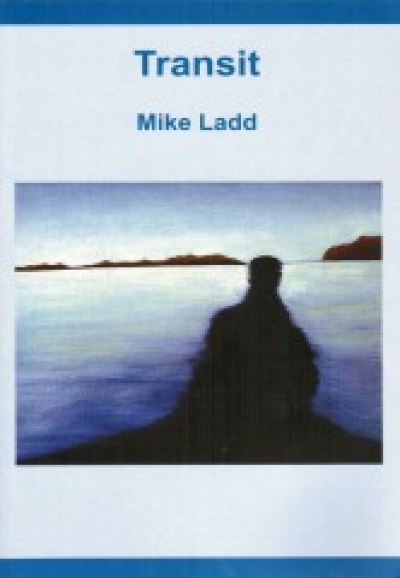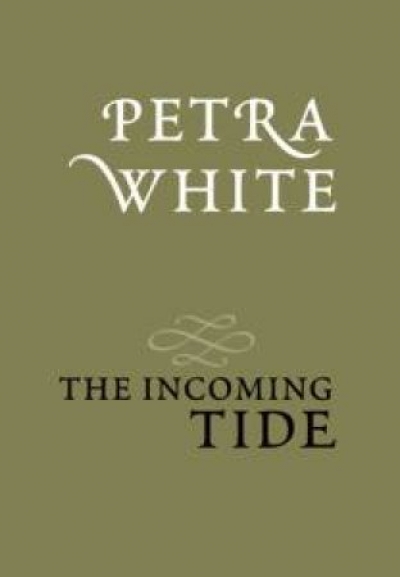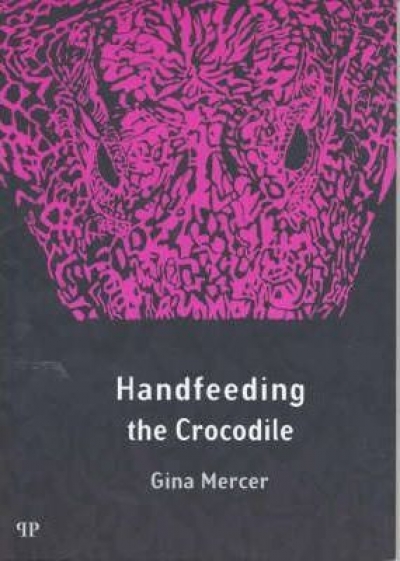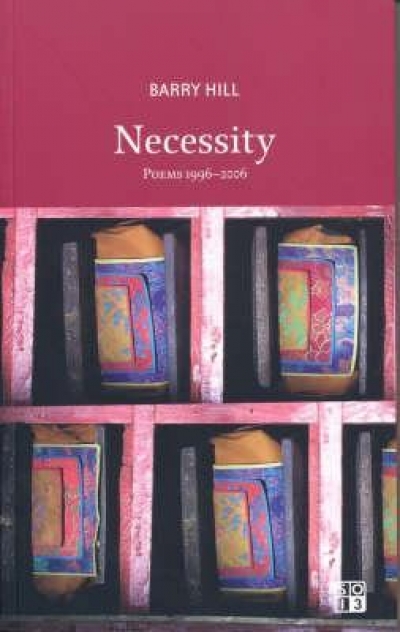Seriatim, the poems are in order, though not subdivided into marked divisions indicating common themes with some compelling logic to them, but a series of observations, dot points, which may or may not be part of a larger argument. It is like a conversation. No one knows exactly where it will end when it starts, but it goes on with an order, sometimes determined by logic, otherwise by association, free and not so free. The book is one long poem; the poet’s consciousness explores ageing, place, time, poetry itself, language, and emotion, taking on whatever life throws up. So we start with reflections on Australian history, very old age (parents), old age (the poet himself), poetry and its practice, places here and abroad, and finally Islam and its extremists. It is a conversation between poet and reader in which there is no lofty conclusion, no stunning revelation or gesture, but a sharing of thought and emotion, which ends with the threads to be picked up later.
...
(read more)



